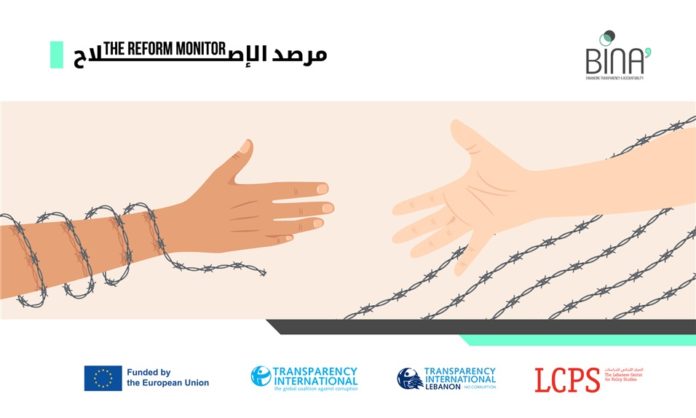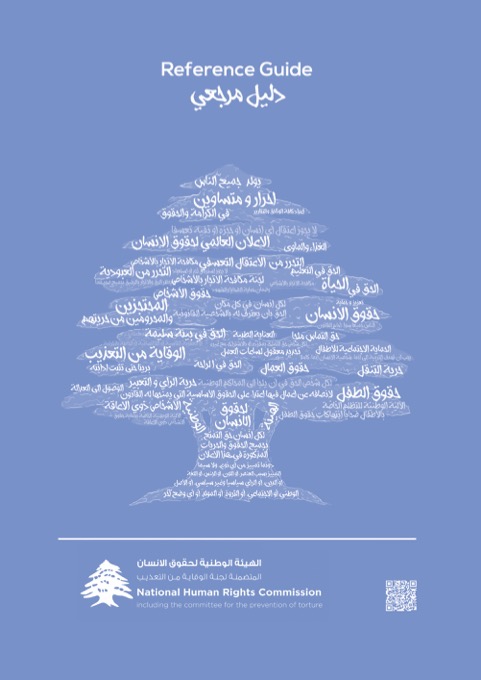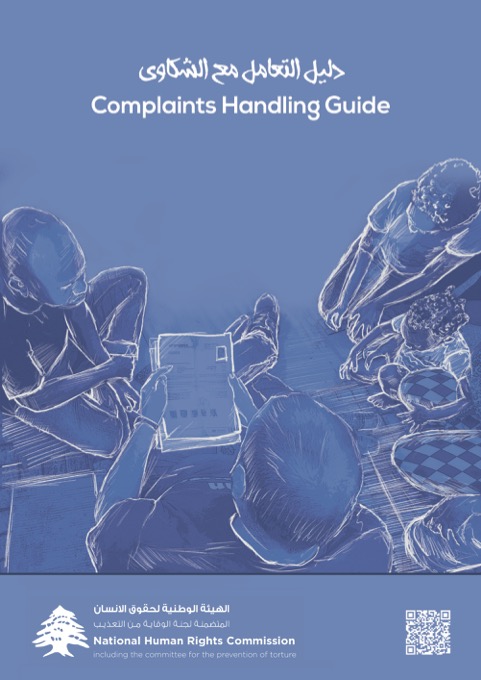هذه المقالة متاحة أيضًا بـ: العربية (Arabic)
Author: Christelle Barakat
Publisher: The Lebanese Center for Policy Studies (LCPS)
As part of its advocacy efforts towards building a people-centered and sustainable recovery from the Beirut port explosion and its endeavors to promote inclusive and equitable social justice, as well as foster trust between individuals, entities, and the Lebanese government, the Lebanese Center for Policy Studies (LCPS) partnered with Transparency International (TI) and its local chapter, Transparency International Lebanon – No Corruption, to issue “The Reform Monitor.” The topics covered by the monitor are linked to the areas of reform, recovery, and reconstruction (3RF). The monitor falls within the Building Integrity and National Accountability in Lebanon (BINA’) project, which is funded by the European Union. The views expressed in the monitor do not necessarily reflect those of the donor.
WHAT’S THE ISSUE AT HAND?
In a previous reform monitor, LCPS examined the National Anti-Corruption Commission, the premise for its creation, the challenges it faces, as well as its importance. The current reform monitor looks at the National Human Rights Commission (NHCR), including the Committee for the Prevention of Torture (CPT).
Lebanon’s NHCR and CPT were legally created in 2016 following the ratification of Law No. 62 on the Establishment of the National Human Rights Commission, including the Committee for the Prevention of Torture (NHRC-CPT) by the Lebanese parliament. The passage of Law No. 62 also set in motion the establishment of a torture prevention mechanism in Lebanon. It was not, however, until 2018 that the NHRC was formally implemented through Decree No. 3267. In 2019, CPT members were officially appointed in accordance with Decree No. 5147.
The creation of a NHCR and of a CPT reflects a positive step for Lebanon in fulfillment of its obligations under the Principles Relating to the Status of National Human Rights Institutions, also known as the Paris Principles. It also represents Lebanon’s commitment to the Optional Protocol to the Convention Against Torture and Other Cruel, Inhuman, or Degrading Treatment or Punishment, notably its 17th article.
The NHCR is tasked with carrying out several functions:
- Ensuring the alignment of national laws with international frameworks, treaties, and agreements, particularly with Human Rights Law and International Humanitarian Law
- Drafting periodic and special reports on human rights and publishing them
- Providing consultations regarding human rights at the request of authorities
- Receiving claims related to the violation of human rights and assisting in handling them
- Fostering and spreading a human rights culture across Lebanon, including the development of educational programs centered on human rights
The CPT complements the work of the NHRC by protecting the rights of the detained. It does so by visiting detention facilities, interviewing detainees, receiving complaints, and meeting individuals who have information or are able to assist in their work. The CPT can also directly contact the United Nations Subcommittee on the Prevention of Torture and report to it.
There are currently four standing committees under the NHRC-CPT. These are the International Humanitarian Law Commission, the Grievance Committee for Child Victims of Child Rights Violations, the Committee for the Protection of the Rights of Persons with Disabilities, and the Committee to Combat Trafficking in Persons.
In 2022, the Lebanese Parliament approved two amendments to articles 28 and 30 of Law No. 62. They focused on the NHRC’s budget and financial regulations, as well as allocations to NHRC members and the beginning of the mandate of NHRC and CPT members.
These amendments were not well-received by several civil society organizations (CSOs), particularly those related to Article 30. Indeed, in their joint statement, Association Justice and Mercy (AJEM) Proud Lebanon, the Restart Center for the Rehabilitation of Violence and Torture, Skoun, and the Lebanese Center for Human Rights (CLDH) perceived the amendment to directly conflict with article 2 of Law No. 62, which stresses the non-renewability of the Commission’s and Committee’s six-year mandate. Moreover, they expressed concern linked to transparency in the appointment of members.
For their part, the NHRC and the CPT have been facing organizational and funding issues. Indeed, only three of the five appointed members of the CPT in 2019 have been actively conducting their duties. Lack of resources has hindered the NHRC and CPT from carrying out their mission. The 2022 annual report by the NHRC highlights challenges related to the non-approval of its regulating decrees since 2018 and impediments to the NHRC’s—and, by extension, the CPT’s—independence. These include suggested internal and financial amendments, which the NHRC and CPT believe hinder their ability to hire contractors and staff. They also cite authorities’ refusal to issue and sign off on a decree allocating a closed and abandoned public building to the Commission and Committee.
WHY IS THIS IMPORTANT?
The NHRC and the CPT represent a direct investment in promoting a healthy democracy and a human rights framework across Lebanon. This is essential for building a sustainable society, for the rule of law to prosper, and for guaranteeing the fair and equitable treatment of individuals.
Moreover, the NHRC’s and CPT’s work is complementary to ensuring a healthy judiciary and the fair and equitable treatment and trial of detainees and prisoners. Reporting to the United Nations Subcommittee on Prevention of Torture on its visits to detention centers and prisons in Lebanon, the CPT revealed the continued failure of the judiciary to investigate torture allegations.
The CPT described the Central Prison in Roumieh as overcrowded and lacking proper health conditions and medical care. The CPT also determined that detention centers were not adequately designed to serve their purpose. They likewise cited concerns tied to overcrowding, hygiene, illness, and temperature considerations in detention centers. They specifically sounded the alarm regarding the treatment of refugees and migrant workers in prisons. Overall, the CPT made the case for anti-torture legislation reforms in Lebanon.
Enhancing the working conditions of the Commission and the Committee and their role directly translates into enhanced implementation of the Paris Principles and other relevant international conventions and treaties. This helps protect the rights of those who are most vulnerable, including children, persons with disabilities, and trafficked individuals. It also contributes to strengthening the Lebanese judicial system and increases transparency surrounding human rights violations and torture, notably in detention centers and prisons. Finally, it reinforces Lebanon’s commitment to the UN Declaration of Human Rights, particularly its 5th article rejecting torture and “cruel, inhumane or degrading treatment or punishment” and its 10th and 11th articles regarding equality and fairness in judicial proceedings.
Further Reading
United Nations. Universal Declaration of Human Rights. United Nations.


